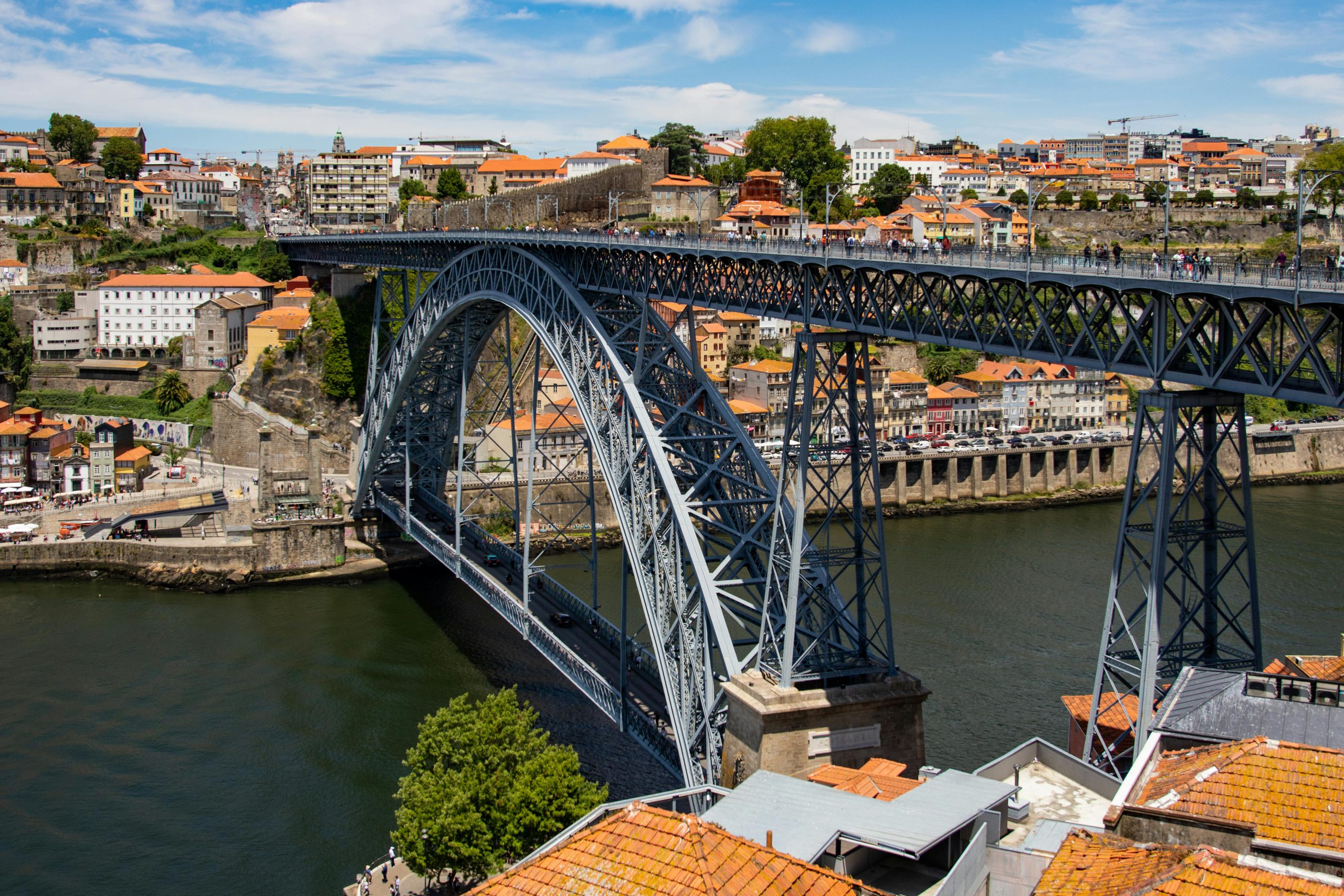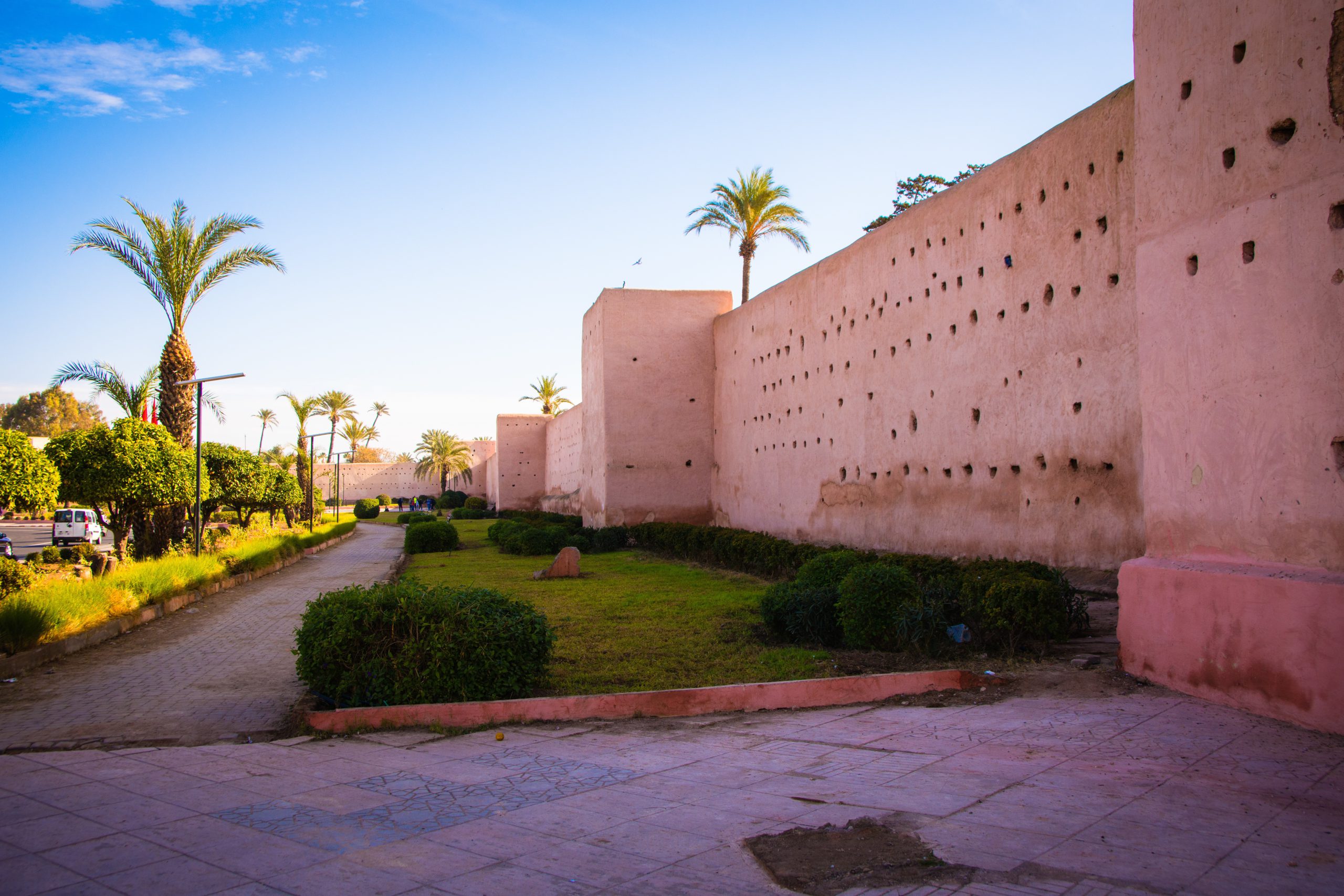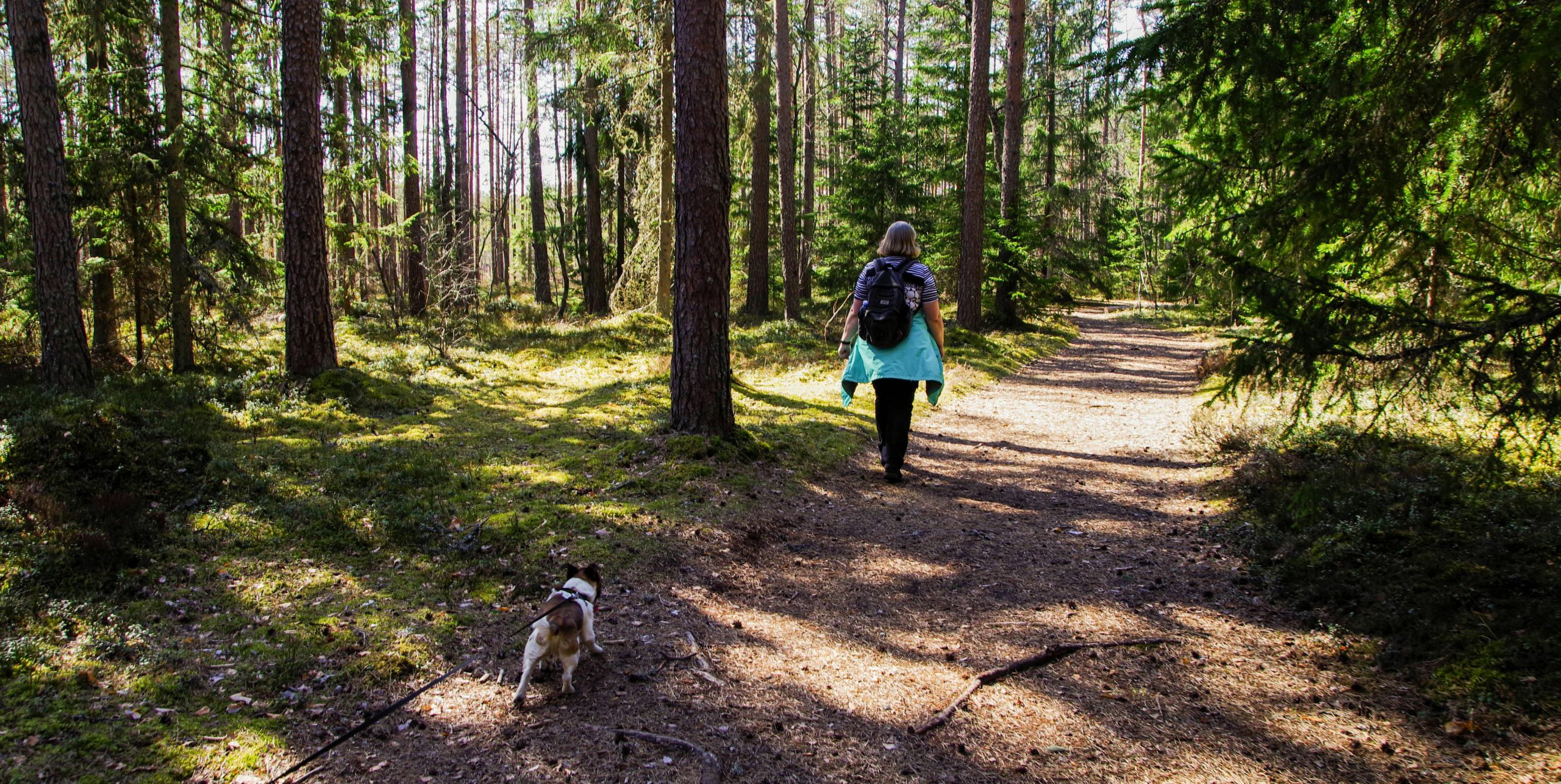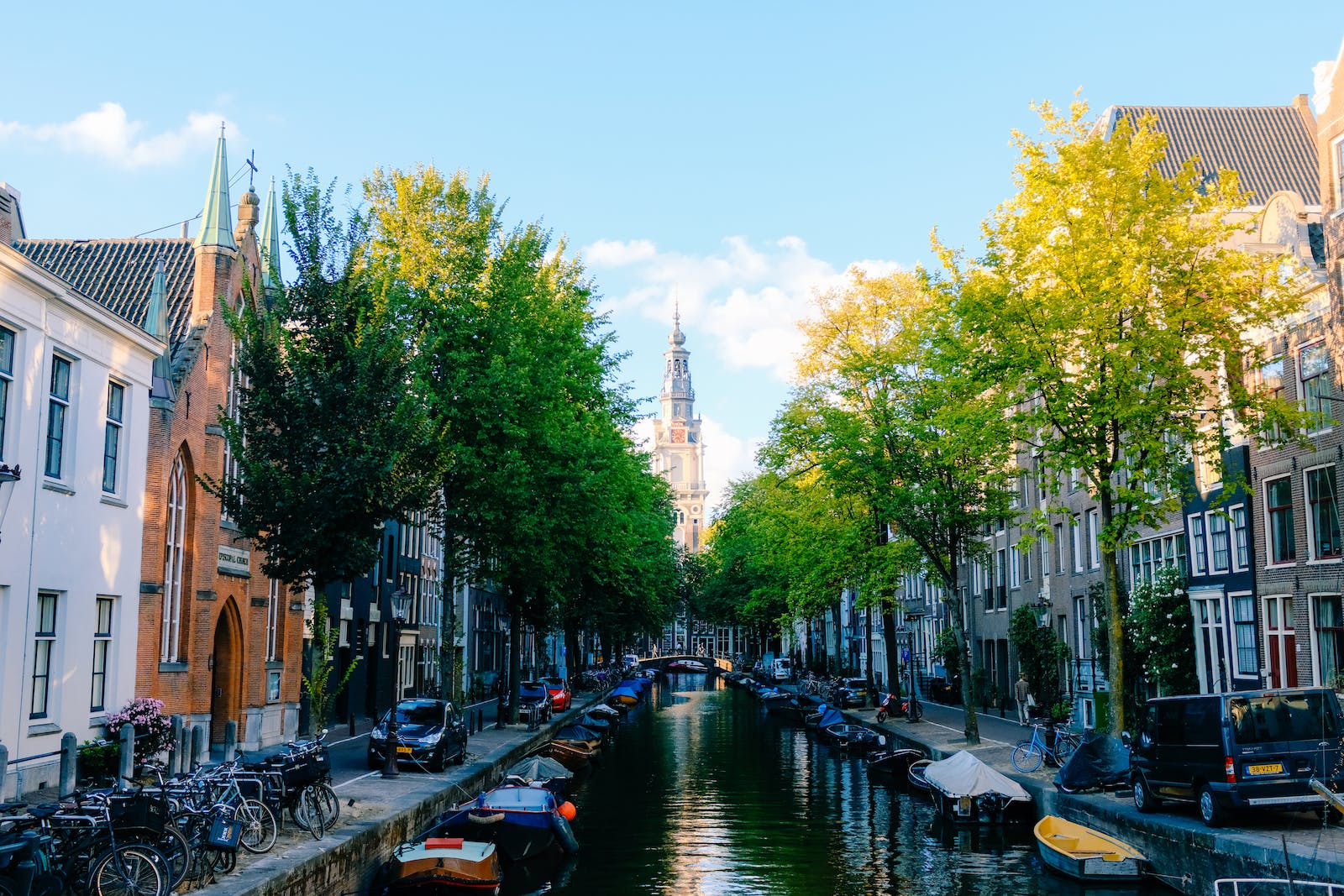Camper tour through America: the lobster of a lifetime
The idea actually came about by chance. In 2015, I ate the best lobster of my life with friends in Newport, Rhode Island, USA. Because of that experience, I decided to take my family there, but the hotel rooms turned out to be terribly expensive. Friends wanted to come along and suggested renting two campers. A camper trip through America. A brilliant idea! Hotel and transport in one.
You rent cars at the airport, campers apparently in the woods. From Logan International Airport, the Boston camper pick-up point appears to be forty kilometers away. Fortunately, Uber works great in America. A van takes us smoothly to green Tyngsboro.
The camper rental lady waddles along to the campers and gives a cynical explanation. She's been doing this job for too long, answering all the questions before. Now we politely laugh at her stock jokes about emptying the holding tank and the fact that the thirteen-foot camper can't go under 12-foot bridges. “Then the air conditioning on the roof will come off.”

Surprisingly a lot of space
Among dozens of giant caravans and mega campers, our 25-foot campers look like Dinky Toys. But the space inside is surprisingly large and the layout is correct. After a short inspection, the outside is washed and then we can hit the road. First go to a campsite nearby to get used to it.

Massachusetts
The V-8 growls like a Grizzly when we turn onto the provincial road. A viaduct looms a few miles further on. Phew, 14 feet high, no problem. We drive through the manicured landscape of Massachusetts. It is a green Randstad around Boston. The houses are white, the lawns are neatly mowed and the American flag flutters everywhere in the front yard. We hardly see any fences or hedges anywhere, Americans like a wide view of the neighborhood.

The recommended camping site appears to be a kind of terrace campsite with flat areas where campers and caravans are positioned separately from each other. We get a 'full hook-up', which means a place with electricity, water, internet and a sewer connection. Under each caravan or camper we see a ribbed tube on legs leading to a hole in the ground. This 'caterpillar' (centipede) is the permanent poop line from the camper to the camping sewer.
Not cheap
The campsite is not cheap, you pay 65 dollars for a night in the forest. We are among exclusively American campers. Most have surrounded themselves with so much luxury that it seems as if they hate camping. In Europe you will not find two leather armchairs in the woods in front of a 65-inch television screen on the outside of the camper.
Slideouts
Also typically American are the 'slide-outs', parts that are pushed out of megalomaniac caravans like a matchbox to increase the living space even more. Campers here are often the size of an adult coach. Sometimes these mega campers tow a 'normal' car on a towbar. The timelessly beautiful silver Airstream caravans, known for 'All you need is love', remain our favorites. There are plenty of them here.

Each camper pitch has its own permanent picnic table and a stone barbecue. Without a grille, we have to buy it in the camping shop for 16 dollars. With the firelighters and the mega bag of briquettes it becomes an expensive meal. However, the taste of the thick roasted steaks makes up for everything. The first night in a camper we get used to the movements, the smell and the hard mattresses. We wake up in the sunlight and make a delicious breakfast that we eat under the immensely tall trees. Life smiles at us. Time to make plans for the rest of our camper trip through America.
On to Boston
Boston has the reputation of being a beautiful city, but to be honest, it is only known to us from television series such as Cheers. It doesn't seem wise to go into the city with our wide, eight-meter-long mobile hotel room. So we look for a parking spot near a metro station in a suburb and find it at a hardware store. The ladies behind the counter have no problem if we leave our campers there that day.

The metro takes us to Boston city center in just over half an hour. The city on the Atlantic Ocean has a long history of trade with the whole world and breathes inspiration. Jazz musicians play swinging music in passages. The world-famous Harvard University and the Boston Symphony Orchestra bring together the best minds and the most brilliant musicians. At the same time, like other cities in America, it has a drugstore next to a fast food joint on every shopping street. Boston is inextricably linked to the struggle for independence, in which the United States of America broke away from Great Britain.
Faneuil Hall
We are amazed by Faneuil Hall, a historic market hall, which now houses all kinds of modern shops. Speeches for independence were held in the original hall in the 18th century, but now you will mainly find shops selling sweets and knick-knacks.
The building is part of the Freedom Trial, a four-kilometer walk through the city center. In Boston the atmosphere is relaxed, cozy and civilized. We will definitely come back here.

Sleeping in the parking lot
In the evening we drive south and decide to spend the night independently of everything and everyone. We choose the car park of Wrentham town hall, right next to the police station. If we're not allowed to be there, we'll find out soon. But nothing happens. We have a super quiet place, eat in a local restaurant and sleep like a baby.
Junkyard
The majority of our group are women. During this camper tour through America, they want to shop carefree in one of the enormous outlet centers.
The men go out to explore the neighborhood. Along the way, they see a strange kind of junkyard at a stand selling asparagus and eggs. Rusted old cars line the provincial road as an example of transience. When we buy asparagus, we get to talking to the owner. The man with a ponytail and mustache has a somewhat gloomy look. He collects all kinds of old stuff, his barns are packed with antique toys, wrecks of rare cars and enameled advertising signs.

When he notices our fascination with his old stuff, he tells us that he is looking for a buyer for the entire place. It's a lot of work to keep track of everything and he prefers to spend his time helping people with mental problems. Since the closure of the Medfield Mental Hospital, there is no longer any shelter for them. He advises us to take a look at the grounds of the closed institute, a little further away. Pointing to his rusted wrecks, he says: “If you like this, you will certainly enjoy it.”
Former lunatic asylum
We have no idea where we will end up, but we decide to follow the route he has indicated. 'Further away' in America is different from ours. In this case we drive almost 50 kilometers before we arrive at the site of the former 'madhouse'.

It turns out to be a large park with dozens of large red brick buildings, demonstratively boarded up with red planks. Now local residents walk their dogs there, others paint the slightly dilapidated chapel or the stairs of the clinics. It is fascinating how the peripheral phenomena of society can be read from the dilapidated buildings. In this tranquil place you feel the oppressive atmosphere of the film 'One Flew Over the Cuckoo's Nest'.
We drive back in complete silence. Reality may be even crueler than the film, because people with a mental disability are hardly cared for these days. According to statistics, 56% of people with a mental disorder in the USA do not receive treatment. Nearly half of all cases involve alcohol or drugs. If they cannot go to family, they often end up on the street or – even worse – in prison.

Cape Cod
We drive further through the green nature of Massachusetts. The highways are boring, but you can get along very well. The camper drives fine. You have plenty of power, great exterior mirrors and you quickly get used to the size of the vehicle. We drive on to Cape Cod, the peninsula in the southeast and a favorite spot of President John F. Kennedy. In the past this was the center of cod fishing. Now mainly oysters and lobsters are caught and tourism is an important source of income. There are beautiful sandy beaches and beautiful forests, creeks and lakes. Places here have British roots, as evidenced by place names such as Sandwich, Harwich, Yarmouth and Chatham.
In Eastham we choose the beautiful Atlantic Oaks campsite. There is a cheerful island atmosphere like on Texel. It is quiet, the love for nature is dominant and we feel very much at home in the cheerful, relaxed living environment.

Provincetown
Our next destination is Provincetown at the very northern tip of Cape Cod. The place is world famous for its whale watching tours and its large LGBT community. The rainbow flag flies on many of the colored wooden houses.

Whale watch
We buy a Whale watch ticket on one of the tourist boats and ask about the chances of actually spotting the humpback whales. The men laugh. "The chance is 99% between April and October. If it doesn't work out today, you can come tomorrow for free.” Cape Cod is internationally renowned. Just like in Boston, we see tourists other than Americans here. On board we choose a spot far away from the smell of frying.
Within ten minutes the first warning sounds through the loudspeakers. “Humpback on port side”, humpback whale on port side. Everyone runs to the ocean side where we indeed see some characteristic fountains coming up from the water.
Then we fly to the other side where a school of dolphins plays almost touchably next to the boat. Over the next few hours we will see three species of whales and several dolphin species. The whale that flaps its tail on the water for minutes is impressive. The guide knows some of the mammals by name and explains how often they have been seen here. Sometimes that is more than 20 years in a row.

Newport
After spotting the whales we look at the friendly colored houses of Provincetown. Then it is time to leave for Newport. A tough ride of 200 kilometers through terrain that most resembles the Veluwe. The Fall River is the border between Rhode Island and Massachusetts.
Rhode Island is the smallest but also the most prosperous state in America. Many wealthy families, such as Vanderbilt, Eisenhower and Kennedy, have or had their country residence here. It is the so-called 'Mansions', imposing neo-colonial buildings, often with balconies and columns, that give the country estates a royal appearance.
There is a wonderful sporting atmosphere in Newport. A major international tennis tournament is held annually and the site is home to the prestigious hall of fame, where tennis legends are honored.

And then: the lobster
Newport is also the Mecca of American sailing. You will see the most beautiful boats, such as classic J-classers and ultra-modern super yachts. We park the camper in a large deserted parking lot at Fort Adams State Park and go to The Clarke Cooke House for the legendary lobster.

And there it is, the mega-delicious 'lobster of a lifetime'. This is sautéed in a sauce of sherry and spring onion. Price, $36,75. My traveling companions also thought it was worth a transatlantic trip and a 1000-kilometer trip in a camper.

Would you also like to take a camper trip through America?
From Amsterdam you can book a direct return flight to Boston Logan International Airport from around €450. The flight time is approximately 8 hours.
You can book a camper with many different companies in the Netherlands. We paid $1000 per week for the C25 four-person camper. You only need driver's license B to drive this camper.
You will receive the camper with full fuel, propane gas and water tanks and an empty dirty water tank. You also have to return the camper. Additional costs include fuel, propane gas, rental of individual camping chairs, camping costs and insurance. The total camper costs for a week were approximately 1500 euros.
You are not allowed to park your camper in some places in city and village centers. This is usually indicated. Spending the night at a campsite is pleasant because you can use all power-consuming appliances, refill the limited water supply and empty the waste water tank.

Wide range of campers and caravans
Looking for your own camper or caravan? Our website contains a large and current range of new and used campers and caravans. View the offer here. Even more interesting camping areas view here.




